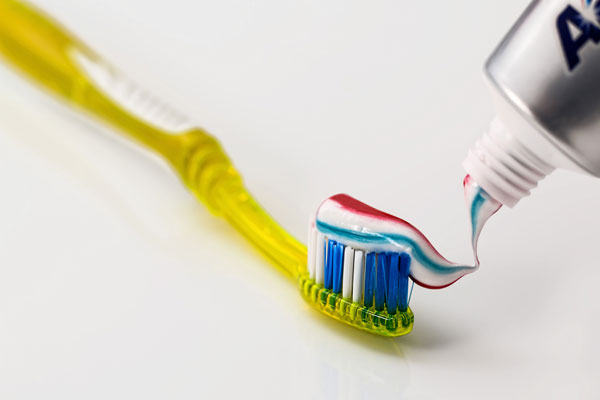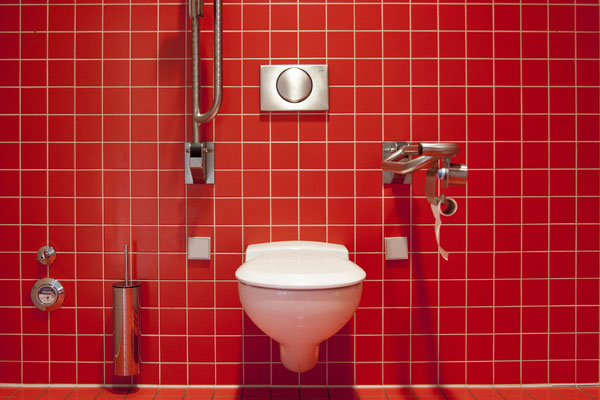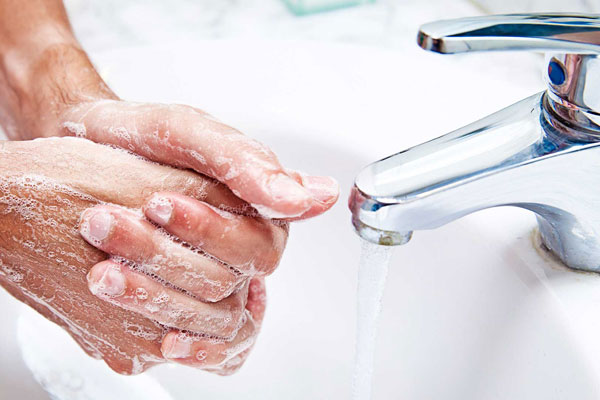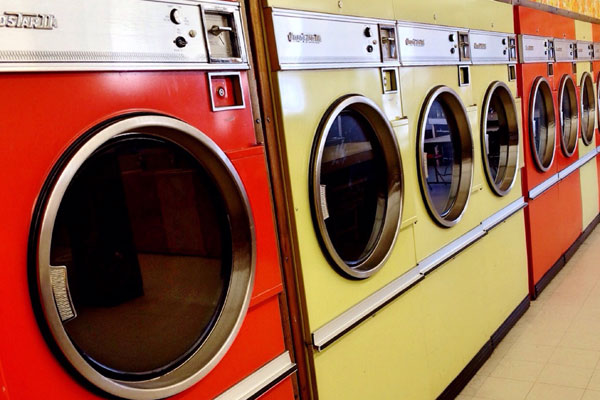- Suzannah Smith
- Healthy Living, Show on VR homepage, Trending
7 health habits you’re probably doing wrong
Simple tasks are a bit more complex than we thought
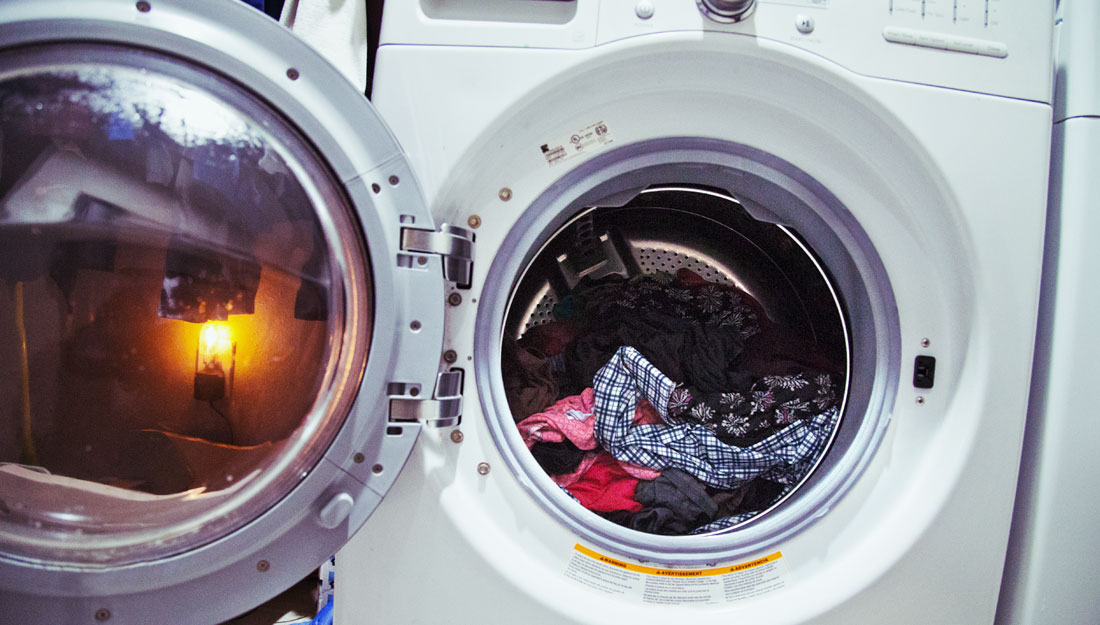
Do you flush the toilet with the lid down? Brush and floss your teeth twice a day? If not, you’re not alone. Many of us are making the same mistakes with seemingly easy-to-do health habits every single day. Don’t fret though—little changes to your routine can help

Breathing
Yes, it is possible that you’re breathing wrong. Many people are chest breathers, meaning breaths are more shallow from using the chest to breathe instead of the diaphragm. This results in not using your lungs at full capacity, which can be problematic. Deep breathing—breaths coming from the diaphragm that use your lungs full capacity—can provide a lot of health benefits, such as lowering your blood pressure, increasing your pain threshold and reducing anxiety.
Showering
Less is definitely more when it comes to bathing every day, at least according to researchers. A recent study published in the Annals of Internal Medicine suggests that showering often with antibacterial soap doesn’t remove very much bacteria. In fact, the same amount or more remains after you shower. However, this doesn’t mean you have to quit showering on a daily basis. The study suggests that there is no harm in skipping a few showers each week.
Brushing and flossing your teeth
Chances are you probably are not brushing and flossing your teeth adequately or in the right order. Both should be part of your daily dental routine and neither can be skipped because they help remove bacteria in the mouth that may cause tooth decay. According to the American Dental Association, you should be brushing and flossing your teeth at least twice a day. Additionally, experts suggest that flossing before brushing is the best way to loosen plaque buildup.
Flushing the toilet
If you don’t close your toilet lid before you flush, you might want to start. According to a recent study, fecal matter goes airborne when a toilet is flushed without the lid closed and could travel as far as 25 centimeters (about 10 inches) above the seat landing on surrounding surfaces. This is especially significant if a toilet is shared by multiple people—such as in a household, public areas or health care facilities—as it may spread infection. Closing the lid before flushing and washing your hands immediately after can help with prevention.
Washing your hands
Washing your hands is one of the simplest and most important ways to avoid getting sick and spreading germs. It’s estimated that handwashing could reduce deaths from diarrheal disease—an illness when diarrhea lasts several days causing dehydration—by up to 50 percent, as well as reduce the risk of respiratory infections by 16 percent. Washing your hands with soap and water should always be your go-to over antibacterial hand sanitizer because soap and water is more effective at removing bacteria. Don’t go tossing out your hand sanitizer just yet, though. Hand sanitizers are best to use in a pinch when you don’t have access to soap and water.
According to the CDC, the following is best practice for washing your hands:
- Wet your hands with clean, running water (warm or cold), turn off the tap and apply soap.
- Lather your hands by rubbing them together with the soap. Be sure to lather the backs of your hands, between your fingers and under your nails.
- Scrub your hands for at least 20 seconds. Need a timer? Hum the “Happy Birthday” song from beginning to end twice.
- Rinse your hands well under clean, running water.
- Dry your hands using a clean towel or air dry them.
Doing your laundry
We’ve all been there. You threw a load of laundry in the washer and forgot about it until hours or days later. Before you move it over to the dryer, wash it one more time. While detergent kills most germs on your clothes, leaving them in a wet environment for too long can cause bacteria to grow again. How does this affect your health? According to a study published in Applied and Environmental Microbiology, laundry can transmit diseases if not cared for properly. If one piece of clothing is contaminated, it can affect the whole load. Additionally, bacteria can transfer to your hands when you switch it from the washer to the dryer. Best practice is to wash any soiled garments (such as underwear) separate from other clothes, move a washed load of laundry to the dryer as soon as it finishes and wash your hands after transferring wet clothes.
Sleeping
If you hit that 2 p.m. slump and a cup of coffee is glued to your hand, it may be because you’re sleeping wrong. Nearly 40 percent of adults report falling asleep during the day without meaning to at least once a month. According to the National Institutes of Health (NIH) National Heart, Lung, and Blood Institute, sleeping at the wrong times, not getting enough sleep or having poor quality of sleep contributes to you being tired during the day and can interfere with your mental and physical health. In order to get better sleep, it’s recommended to sleep at least seven to eight hours a night, set a routine, keep your bedroom dark and avoid heavy meals a couple of hours before bedtime. Additionally, “unplugging” from technology two hours before sleep is best to get enhanced sleep and rest.
Media contact: media@tamu.edu

